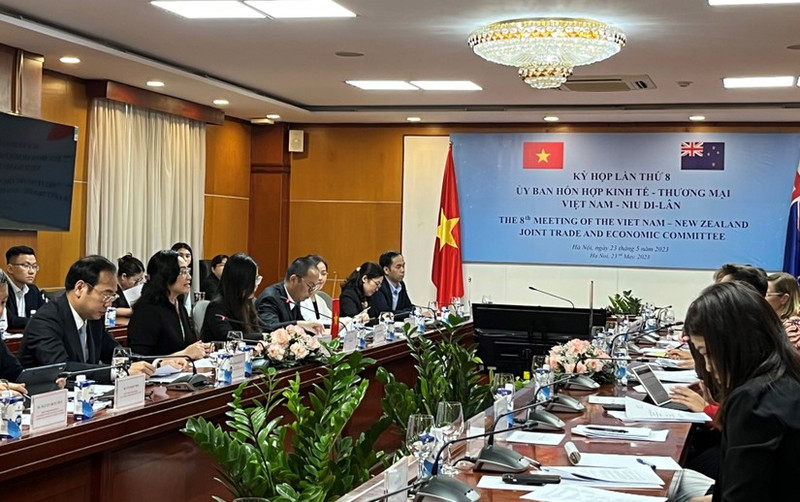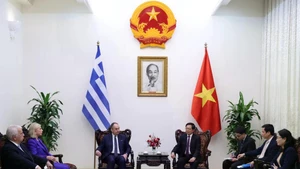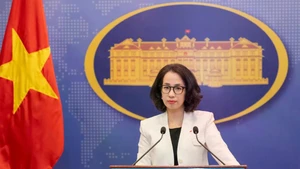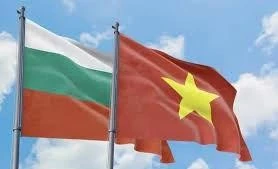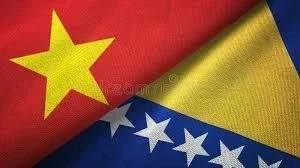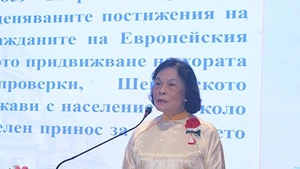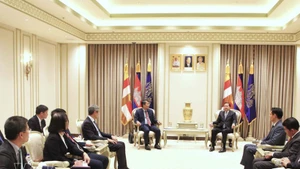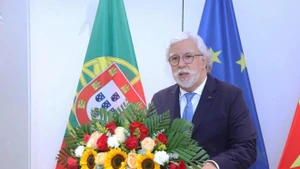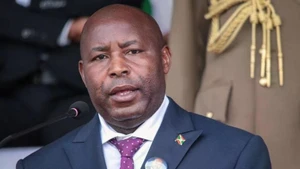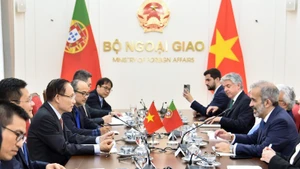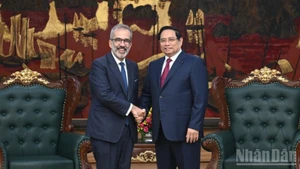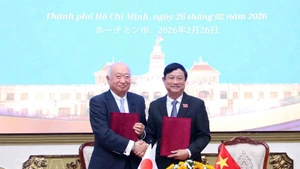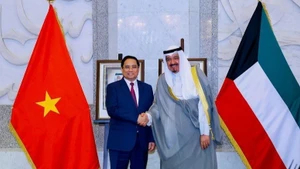Co-chaired by Thang and Deputy Secretary for Foreign Affairs and Trade of New Zealand Vangelis Vitalis, the meeting focused on reviewing bilateral cooperation in trade, investment, agriculture, education and training, tourism, aviation, and labour.
The two sides applauded the efforts and close cooperation between ministries and sectors of both sides in implementing agreements on economic and trade cooperation signed by the two countries' leaders.
Trade between Vietnam and New Zealand has grown strongly since the two countries established the comprehensive partnership in 2009, with an annual average growth rate of 14.2%.
Vietnam is now New Zealand's 13th largest trade partner. The two-way trade hit 1.2 billion USD in 2022, up 14% year-on-year.
New Zealand has so far had 39 valid direct investment projects in Vietnam with a total registered capital of over 209.7 million USD, ranking 39th among 143 countries and territories investing in Vietnam.
Meanwhile, Vietnam has 11 investment projects worth 38.4 million USD in New Zealand, mainly in the fields of processing and manufacturing industry, wholesale and retail, and accommodation service.
The two sides agreed to strengthen bilateral cooperation in trade, investment and economy, including multilateral trade negotiations, agriculture and agribusiness, clean technology, development of agricultural supply chain, education, aviation and tourism.
Vietnam and New Zealand set a goal to lift their trade turnover to 2 billion USD by 2024.
Both sides welcomed the completion of the market opening process for Vietnam's lime and pomelo, and New Zealand's squash and strawberry in late last year.
The Vietnamese side suggested relevant ministries, sectors and agencies of New Zealand closely coordinate, and provide detailed instructions on procedures to facilitate businesses of the two countries to tap the new import-export opportunity.
Discussing cooperation in multilateral frameworks, the two sides agreed to continue to coordinate and support each other in cooperation mechanisms and frameworks such as the Comprehensive and Progressive Agreement for Trans-Pacific Partnership (CPTPP), the Regional Comprehensive Economic Partnership (RCEP) Agreement, the ASEAN-Australia-New Zealand Free Trade Agreement (AANZFTA), and the Asia-Pacific Economic Cooperation (APEC) forum.
